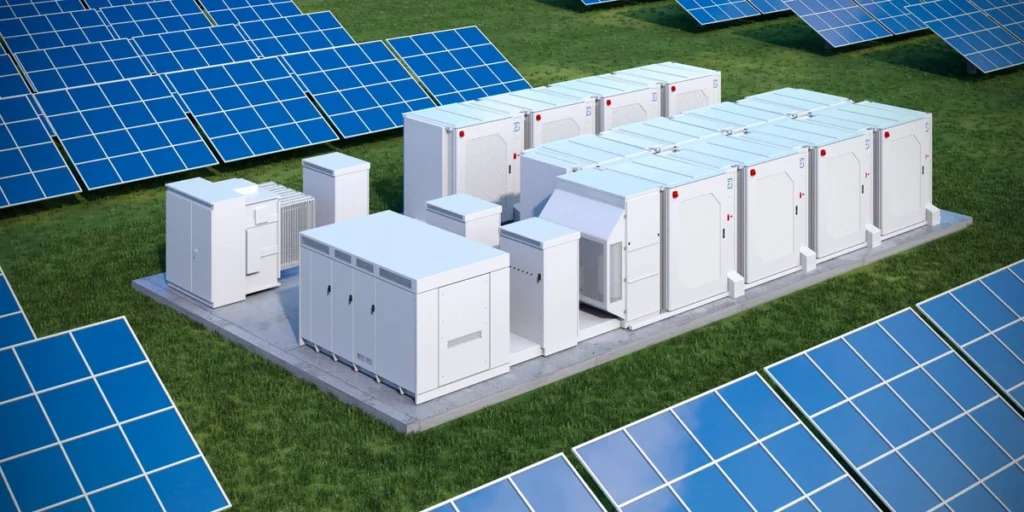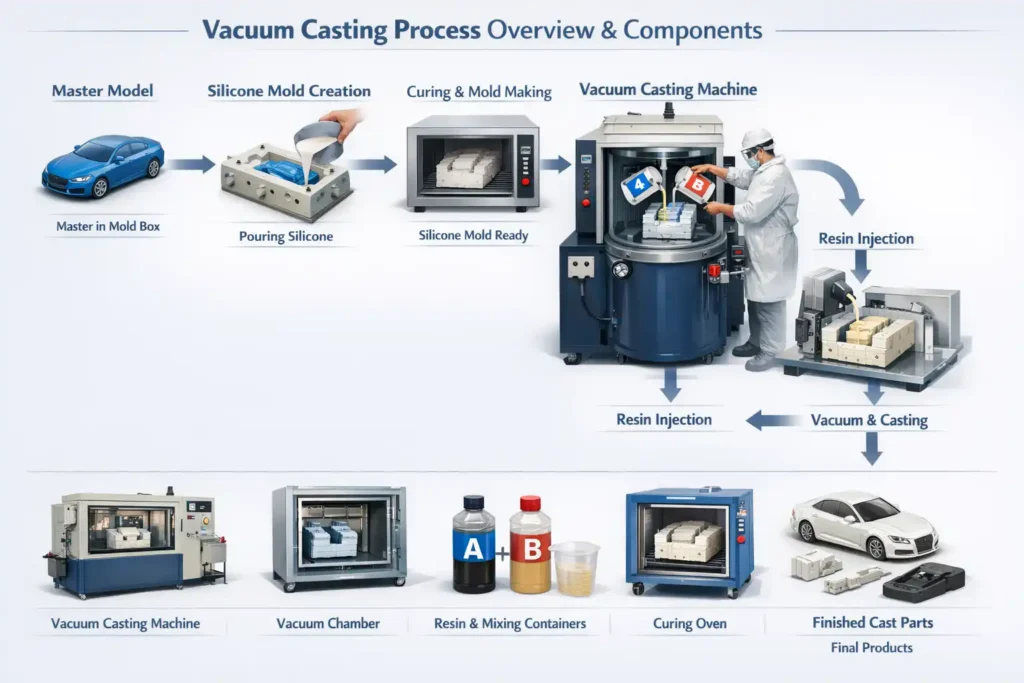If you are planning to own or already own a flat in Chennai, it is important to understand the various maintenance costs involved. Maintenance is a recurring responsibility and without regular payments, essential services in your residential complex can be affected.
Let us look at the common types of maintenance charges associated with owning Chennai flats and understand why they are collected.
Monthly Maintenance Charges
These are the standard charges collected from every flat owner each month. The amount varies based on the size of the flat, number of residents, and facilities offered in the apartment complex.
Most apartments calculate this on a square foot basis. For example, if your flat is 1000 square feet and the charge is ₹3 per square foot, you will pay ₹3000 every month.
This cost typically covers:
· Lift operations
· Water supply
· Common area electricity
· Security staff salaries
· Cleaning staff wages
· Minor repairs
If your apartment has additional amenities like a gym or swimming pool, the cost may be slightly higher.
Sinking Fund Contribution
Apart from monthly charges, apartment owners are asked to pay into a sinking fund. This is collected to manage future large-scale repairs.
For example, repainting the entire building or replacing damaged lift machinery will not be covered by regular maintenance. Instead, the sinking fund is used. Most housing associations collect this once or twice a year.
It is usually a fixed amount, say ₹5000 per flat, or may be included as a small monthly contribution along with the regular maintenance.
Repair and Renovation Expenses
If there is an urgent need for repair within the building premises, such as a leaking terrace or broken water pipe in the basement, the housing association may call for a special contribution from every owner.
This is usually on a one-time basis and based on the urgency and scale of the problem.
Sometimes the cost is shared equally. Other times, it may be based on square footage. These expenses are not frequent but can occur unexpectedly.
Water and Sewage Costs
Water supply is a major part of Chennai flats’ operational costs. Depending on the apartment’s water source, this may include charges for:
· Corporation water usage
· Water tankers (in summer months)
· RO plant maintenance
· Borewell maintenance
· Sewage treatment plant upkeep
If your flat is in a gated community, the sewage is usually handled within the campus. The cost of maintaining sewage pumps and treatment plants will be included in your maintenance bill.
Electricity for Common Areas
The electricity used for lifts, lighting in corridors, water pumps, motor rooms, and other shared facilities is billed to the apartment society.
This amount is divided among flat owners, usually based on square footage or an equal share. If your apartment complex has high-power-consuming amenities like centralized air conditioning in community halls, the cost will reflect accordingly.
Staff Salaries
Apartment complexes employ a number of staff to maintain daily activities. These include:
· Security guards
· Housekeeping staff
· Electricians or plumbers on call
· Gardeners (if applicable)
Their wages, provident fund contributions, and any bonus payouts are included in your maintenance charge.
Waste Management
Chennai flats are required to follow proper waste segregation and disposal practices. Some societies hire private waste handlers, especially for non-degradable and sanitary waste.
This adds to the regular monthly charges. In newer buildings, there may be a composting unit whose operation cost is also billed to the owners.
Association Administration Charges
Apartment owners associations incur administrative expenses such as:
· Bank charges
· Office stationery
· Software for billing and complaint management
· Professional fees for auditors
These are generally minimal but necessary. They are included in your maintenance bill or may appear as a separate line item annually.
Property Management Services (Optional)
Some Chennai flats hire third-party property management firms to handle day-to-day operations. This includes staff supervision, maintenance tracking, and emergency handling.
If your society uses such a service, the cost will be part of your monthly charges. This may slightly increase the cost, but offers convenience for residents.
Are Maintenance Costs Increasing?
Yes. With rising electricity charges, salary expectations, and costs of materials, the overall maintenance expense has gradually increased over the years.
Older flats may cost less per month but require higher repair costs. Newer flats with more amenities come with higher monthly payments but need less frequent major repairs.
What Happens If You Don’t Pay?
Non-payment of maintenance charges can affect you legally and practically. The association may:
· Stop access to amenities
· Penalize with late payment fees
· File a complaint if non-payment continues for a long period
Also, buyers or tenants usually check for any pending dues before moving into a flat. So it is important to stay updated with payments.
Final Thoughts
Chennai flats offer a wide range of options for residents, but maintenance is a shared duty. By paying these charges regularly, you support the smooth operation and upkeep of your residential community.
The overall cost will depend on the size of the flat, age of the building, and the number of facilities available. It is good practice to review the association’s expense sheet annually to stay informed about where your money goes.
Understanding and budgeting for these regular costs will help you enjoy your home without disruptions.




